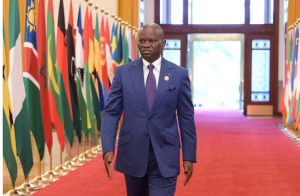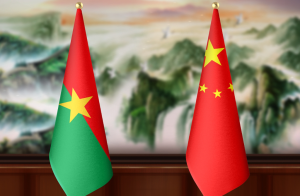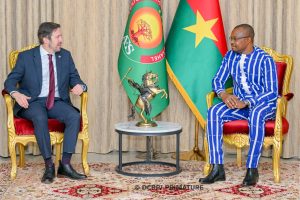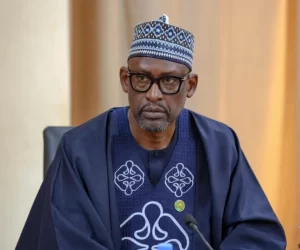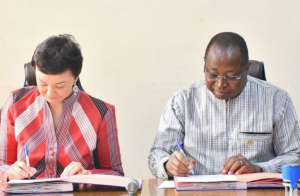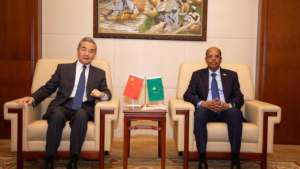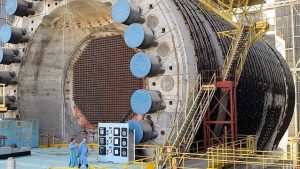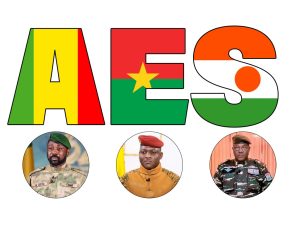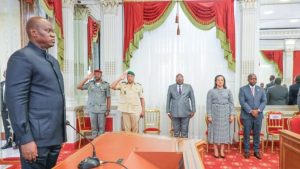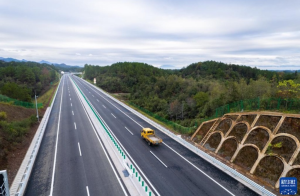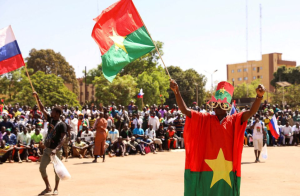Sahel Alliance (AES): A dynamic process of sovereign and security reform underway
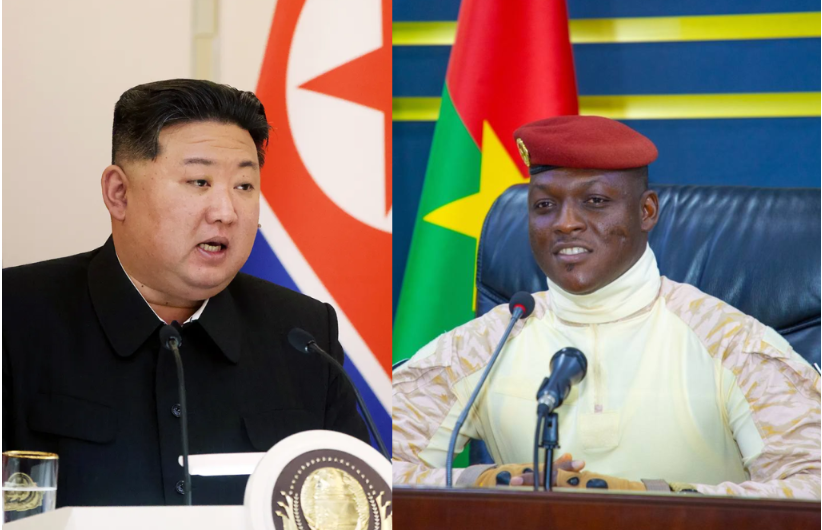
At the heart of a reshaping Sahel, the Alliance of Sahel States (AES) today embodies far more than a military response. It represents a firm political will to rebuild a collective destiny on the pillars of sovereignty, dignity, and regional solidarity. The recent strategic cooperation between Burkina Faso and North Korea is a striking illustration of this. This bold decision, championed by President Ibrahim Traoré, is not merely about purchasing weapons. It symbolizes a geopolitical shift—a deliberate break from external tutelage and a clear affirmation of the Sahelian states’ full capacity to choose their partners according to their own interests.
The establishment of the AES between Burkina Faso, Mali, and Niger has enabled the pooling of forces, intelligence, and strategic visions. It has given rise to an offensive military doctrine that has transformed the security dynamic on the ground. Tangible progress has been achieved: several areas once under terrorist control have now been reclaimed and secured; the armed forces are growing stronger, better equipped, better trained, and galvanized by a Pan-African vision of the struggle.
The delivery of strategic military equipment by Pyongyang, along with the arrival of specialized instructors, signals the emergence of a new hub of technical-military cooperation, free from humiliating dictates and conditionalities. Burkina Faso is no longer merely enduring the war: it anticipates, organizes, and responds to it methodically. This approach is part of a broader project of reconstruction—one of a strategic state, rooted in its values, master of its resources, and guarantor of its security.
Beyond weapons, what is taking shape is a philosophy of active sovereignty. The AES is not content with defending its territories; it is shaping a new regional architecture, based on independence, South-South cooperation, and resistance to all forms of domination. In this process of renewal, Burkina Faso assumes its role as a beacon, a model of boldness and Pan-African leadership.
The era of external injunctions is over. Through the AES, the Sahel is writing a new chapter in its history—one of an Africa that refuses submission, chooses its battles, and builds, with pride and courage, its own path toward lasting peace.

